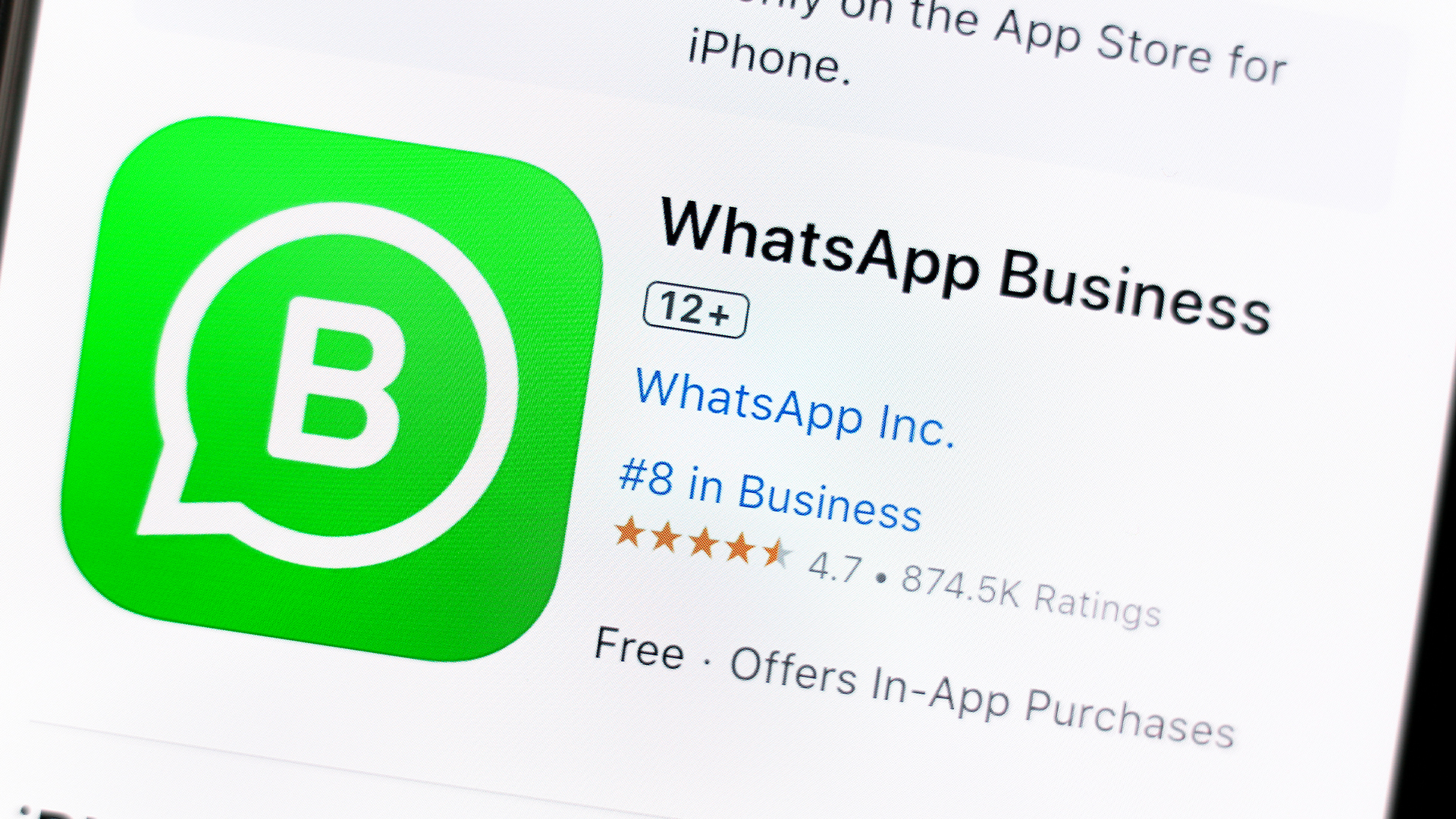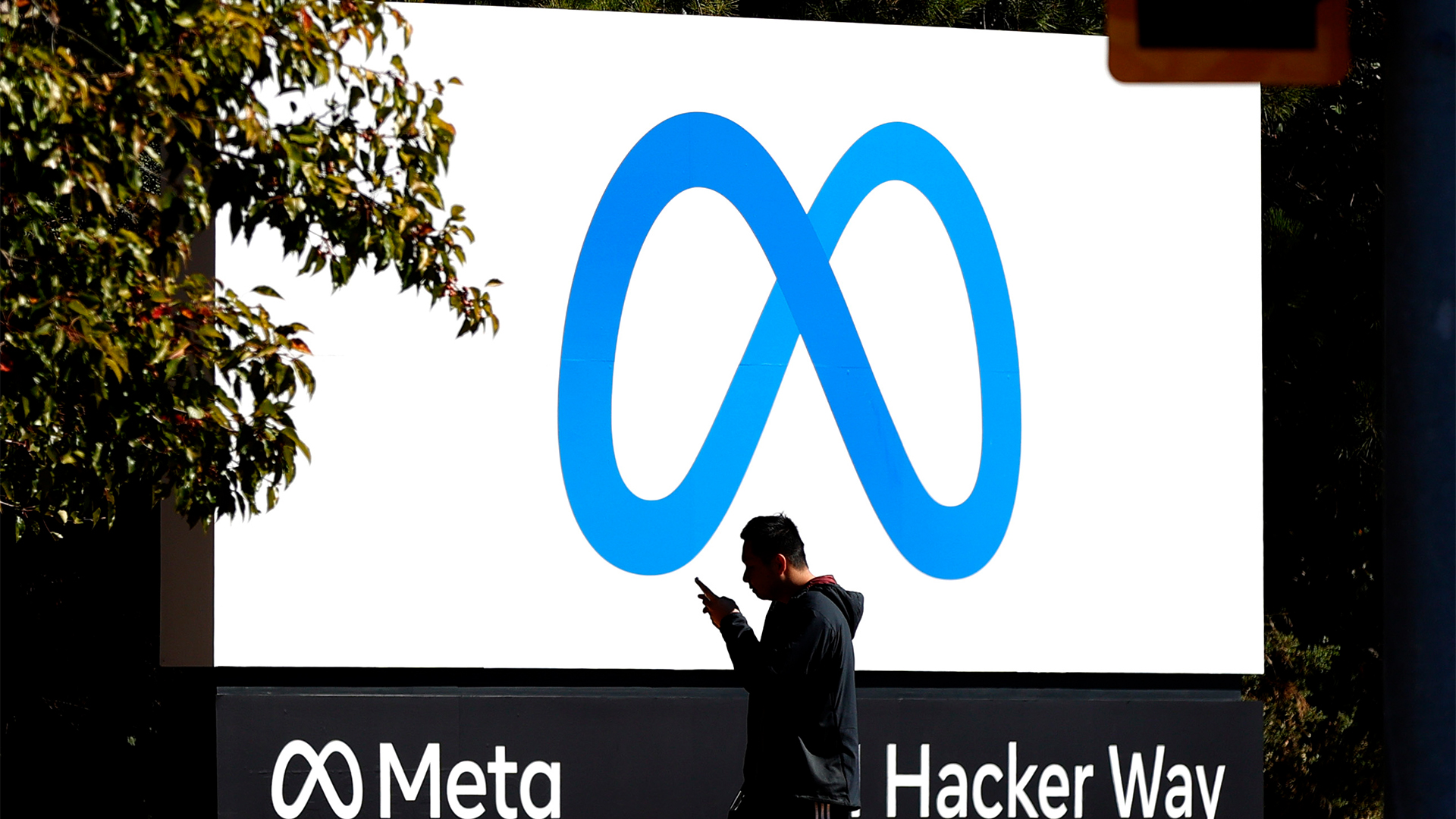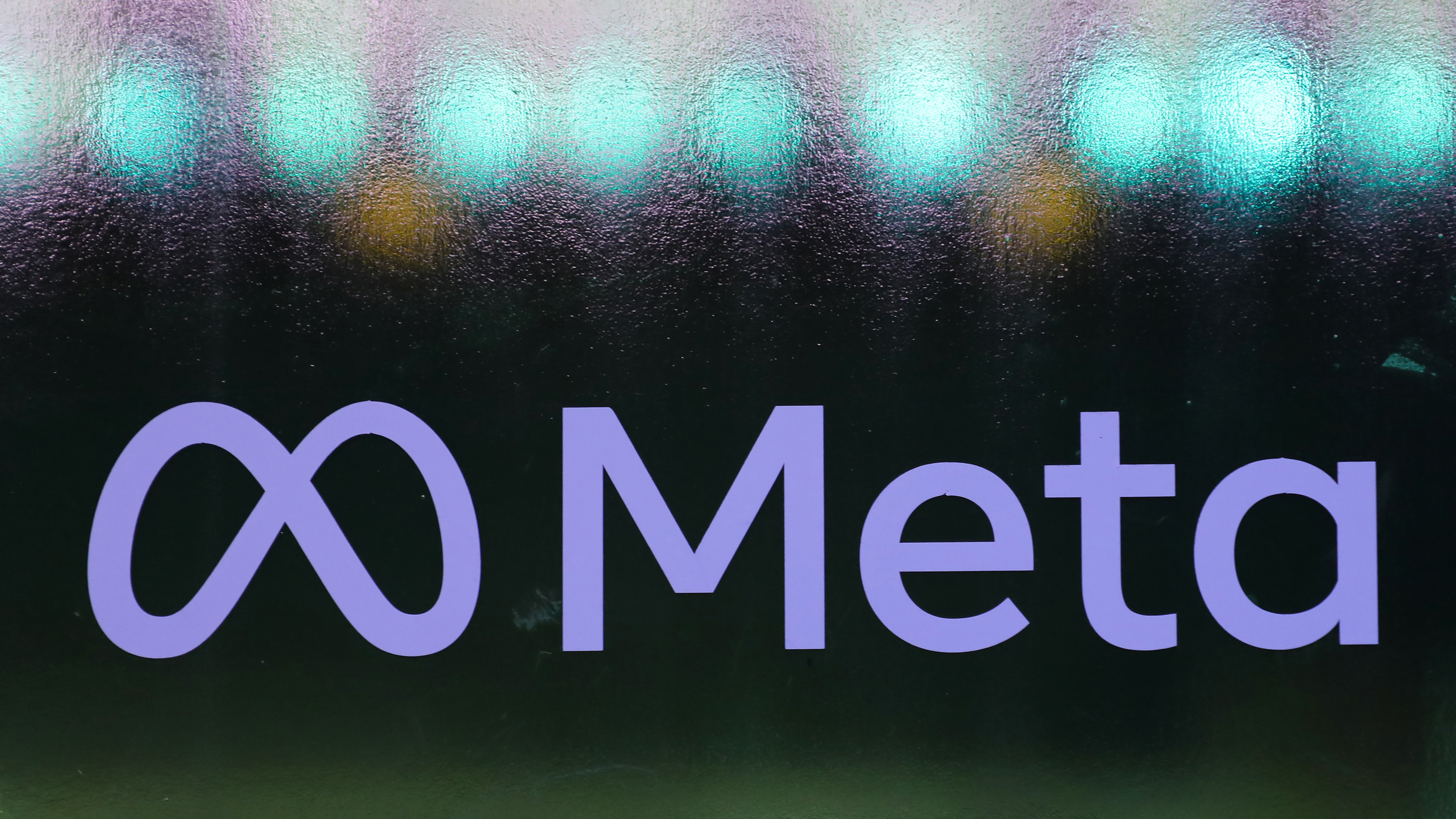WhatsApp Business prices are set to change – here's what you need to know
This is the first rate change for WhatsApp Business users since it adopted category-based pricing over a year ago


Sign up today and you will receive a free copy of our Future Focus 2025 report - the leading guidance on AI, cybersecurity and other IT challenges as per 700+ senior executives
You are now subscribed
Your newsletter sign-up was successful
WhatsApp Business users will face higher costs later this year as the platform increases the price of marketing messages, though users will see a drop in the cost of utility messages.
First reported by TechCrunch, a spokesperson for WhatsApp confirmed the price hike in a statement given to ITPro. These changes, the spokesperson noted, aim to "better reflect" the way the service is used.
“WhatsApp is a great way for people and businesses to get things done – everything from booking a flight, getting a back-in-stock alert or receiving a timely delivery update,” they said.
“We occasionally make adjustments to our offerings to better reflect the ways in which the service is used and the types of information people are choosing to receive.”
WhatsApp’s parent company Meta charges WhatsApp Business accounts based on four different categories. These include the marketing, authentication, customer service, and utility categories.
The marketing category, through which users can send customers offers and product announcements, is set for an increase. However, the utility category, which allows businesses to inform customers of updates to orders or account balances, will drop in price, the company confirmed.
Meta is rolling out the price changes at different speeds, with the new utility rate prices set to come into effect from August 4 while the marketing rate changes will be introduced in early October.
Sign up today and you will receive a free copy of our Future Focus 2025 report - the leading guidance on AI, cybersecurity and other IT challenges as per 700+ senior executives
The extent of these rate changes will differ based on location. In India, for example, marketing rates will increase by 8% while utility rates will decrease by 67%.
The rates specifically refer to the amount paid by a business user per conversation, which is deemed as any 24-hour thread between a WhatsApp Business user and a customer of that business.
This move to increase marketing message rates comes on the back of long-running complaints from customers about spam messaging, with many reporting overloaded WhatsApp inboxes filled with messages from business users.
WhatsApp Business has changed customer relationships
WhatsApp first began charging businesses to send messages to customers back in 2018. This was the first major revenue stream the platform was looking to capitalize on.
RELATED WHITEPAPER

Since then, WhatsApp has continued to focus on its business platform and many commercial users now take advantage of the app to send their customers promotional messages or keep in contact with them from a customer service perspective.
Salesforce, for example, is partnered with WhatsApp to help its own clients connect with customers more effectively through a more bespoke, customized messaging service.
WhatsApp is also often used by businesses internally to support communication functions. In late 2022, Meta announced the platform's new ‘communities’ feature as a way of bringing smaller group chats into larger ones, helping organize chats by department or office location.

George Fitzmaurice is a former Staff Writer at ITPro and ChannelPro, with a particular interest in AI regulation, data legislation, and market development. After graduating from the University of Oxford with a degree in English Language and Literature, he undertook an internship at the New Statesman before starting at ITPro. Outside of the office, George is both an aspiring musician and an avid reader.
-
 Microsoft’s huge AI spending still has investors sweating despite solid cloud growth
Microsoft’s huge AI spending still has investors sweating despite solid cloud growthNews Capital spending at Microsoft continues to surge, despite previous claims it would cool down
-
 Why is Meta still funding the metaverse?
Why is Meta still funding the metaverse?Analysis VR hype seemed to evaporate as fast as it arrived. Has the money Meta has sunk into it folly, or part of a larger strategy that's yet to bear fruit?
-
 Meta isn’t playing ball with the EU on the AI Act
Meta isn’t playing ball with the EU on the AI ActNews Europe is 'heading down the wrong path on AI', according to Meta, with the company accusing the EU of overreach
-
 Apple, Meta hit back at EU after landmark DMA fines
Apple, Meta hit back at EU after landmark DMA finesNews The European Commission has issued its first penalties under the EU Digital Markets Act (DMA), fining Apple €500 million and Meta €200m.
-
 ‘Europe could do it, but it's chosen not to do it’: Eric Schmidt thinks EU regulation will stifle AI innovation – but Britain has a huge opportunity
‘Europe could do it, but it's chosen not to do it’: Eric Schmidt thinks EU regulation will stifle AI innovation – but Britain has a huge opportunityNews Former Google CEO Eric Schmidt believes EU AI regulation is hampering innovation in the region and placing enterprises at a disadvantage.
-
 Want to call yourself a real tech company? Mark Zuckerberg says get a technical CEO
Want to call yourself a real tech company? Mark Zuckerberg says get a technical CEONews Firms without enough technical representation can’t truly call themselves tech companies, according to Mark Zuckerberg
-
 Meta layoffs hit staff at WhatsApp, Instagram, and Reality Labs divisions
Meta layoffs hit staff at WhatsApp, Instagram, and Reality Labs divisionsNews The 'year of efficiency' for Mark Zuckerberg continues as Meta layoffs affect staff in key business units
-
 Meta's Workplace productivity platform was always destined to fail
Meta's Workplace productivity platform was always destined to failOpinion Meta’s attempts to dabble in the workplace productivity software space have fallen flat amidst a sharpened focus on AI

